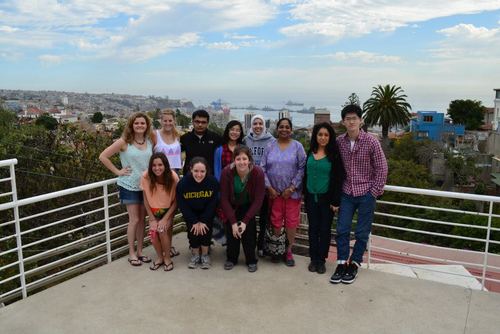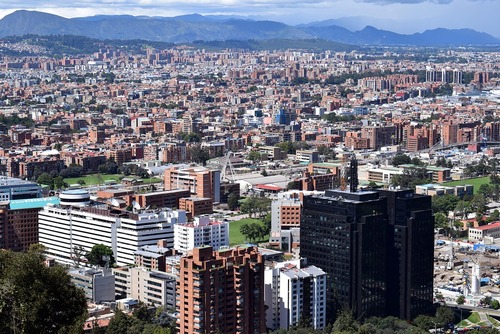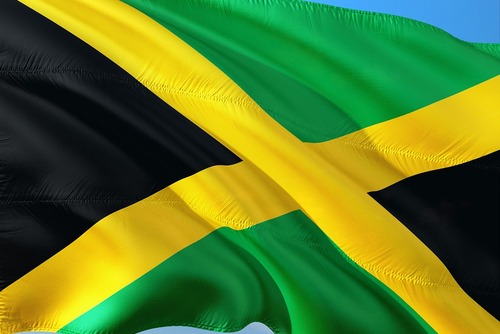However, it is crucial to prioritise your safety and be prepared for unexpected events. Recent disruptions, such as extreme weather events and travel strikes in the UK, have highlighted the importance of being prepared.
This guide will provide practical advice to help you stay safe and know what to do if things do not go to plan.
1. Preparing for Your Trip

Before you set off, make sure you are well-prepared. Start by researching your destination. Understanding the local customs, laws, and potential risks is essential. The UK government's travel advice website provides up-to-date information on safety and security.
Health precautions are also important. Check if you need any vaccinations or medications before you travel. The NHS offers guidance on health requirements for different countries. Additionally, ensure you have comprehensive travel insurance that covers medical emergencies, cancellations, and theft. Compare policies to find one that suits your needs.
2. Staying Safe While Travelling

While on your trip, take these steps to stay safe. Always stay aware of your surroundings and be mindful of your belongings. Avoid displaying valuables and be cautious in crowded areas. Knowing the local emergency numbers and having the contact information for the nearest British embassy or consulate can be a lifesaver.
Familiarise yourself with the local laws to avoid any legal issues. Ignorance of the law is not an excuse and can lead to serious consequences. Make sure you understand the cultural norms and legal requirements of the country you are visiting.
3. Handling Medical Emergencies Abroad
If you face a medical emergency while travelling, seek immediate help by going to the nearest hospital or medical facility. Your travel insurance should cover the costs, so contact your insurer as soon as possible.
If you are travelling within Europe, ensure you have your European Health Insurance Card (EHIC), which provides access to state-provided healthcare.
It is also a good idea to carry a copy of your medical records and a list of any medications you are taking. This information can be crucial in an emergency situation.
4. What to Do in Case of Theft or Loss
If you experience theft or lose your belongings, report the incident to local authorities immediately. File a report with the local police and get a copy of the report. This is essential for insurance claims. If your passport is stolen, contact the nearest British embassy or consulate for assistance with getting a replacement.
Report lost or stolen bank and credit cards to your bank immediately to prevent unauthorised use. Most banks have emergency numbers you can call to quickly block your cards.
5. Dealing with Legal Issues While Travelling
If you encounter legal issues while travelling, seek legal advice promptly. Contact the nearest British embassy or consulate for guidance on finding legal assistance.
Understanding your rights in the country you are visiting can help you navigate legal challenges more effectively. Stay calm and cooperate with local authorities, as panicking or resisting can escalate the situation.
Gathering as much information is key. This can help your case if you instruct a no win no fee solicitor to take on your case when you are back home.
6. Staying Connected

Staying connected with loved ones and having access to information is crucial. Ensure your mobile phone works abroad and consider getting a local SIM card for cheaper rates. Use secure Wi-Fi connections to access the internet and avoid using public networks for banking or other sensitive activities.
Keep family and friends informed of your whereabouts and any changes to your plans. Regular updates can provide peace of mind to both you and your loved ones.








